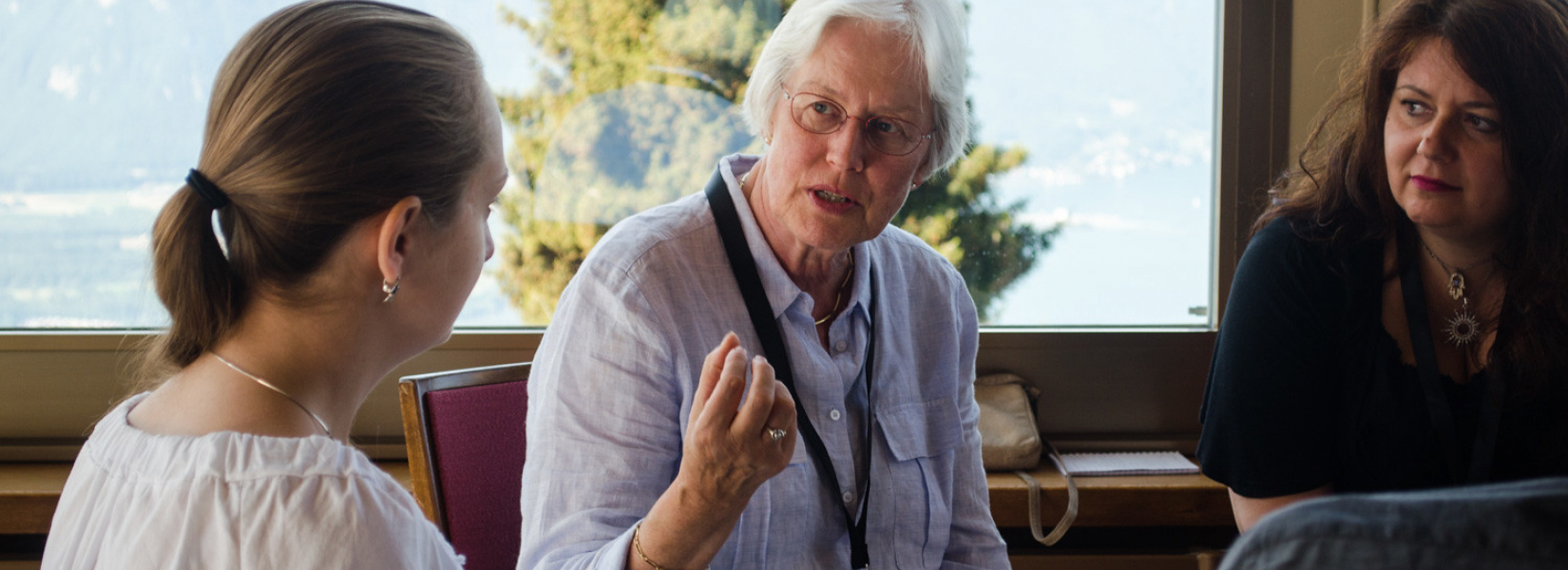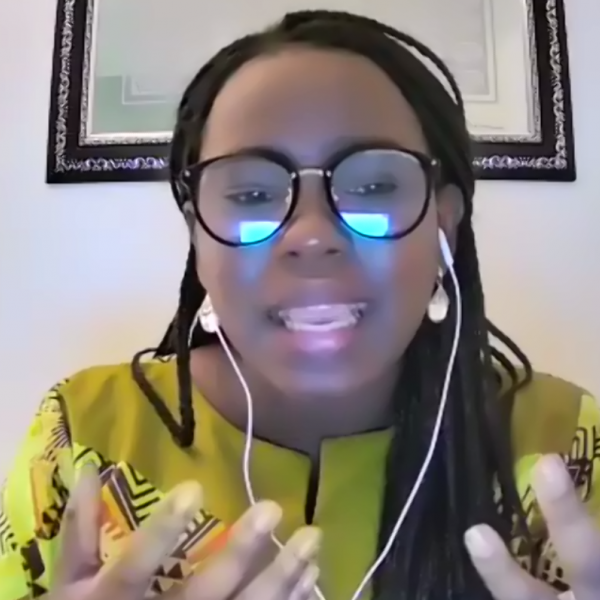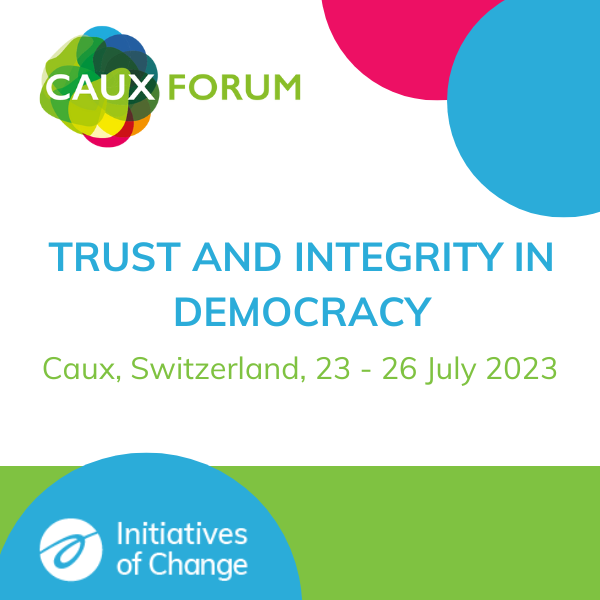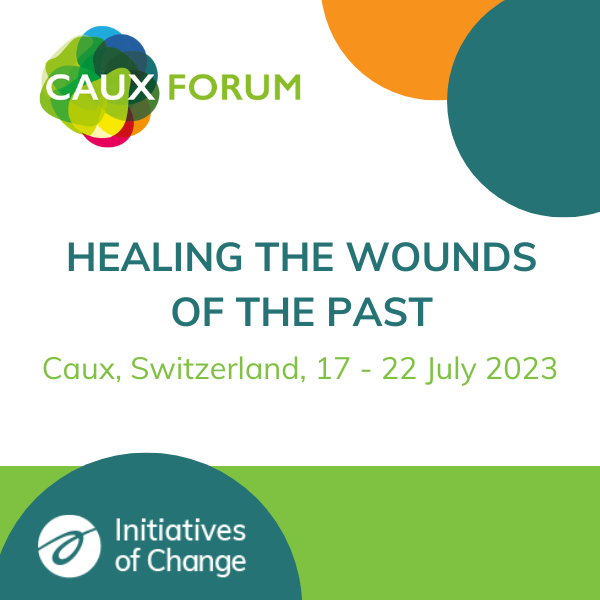Learning how to tackle polarization in Europe
Addressing Europe's Unfinished Business 2017
17/08/2017
Participants in this year’s Addressing Europe’s Unfinished Business had the opportunity to ‘taste’ different training programmes, which are tackling polarization in communities across Europe.
Rishab Khanna and Hassan Mohamud from IofC Sweden facilitated a taster of the Hope in the Cities course which they offer in Järva, an area of Stockholm with residents from over 140 national backgrounds. The course was based on the IofC USA programme of the same name and adapted to local needs.
Hassan and Rishab founded Hope in Järva in 2014, to build trust between Järva’s divided communities. At the taster, they shared their U-Theory, which consists of one-to-one interviews with key players in the community. Exercises in power and influence mapping showed participants how to discover which stakeholders could be open to working for change and which might be stuck in outdated ideals.
By the end, participants were speaking frankly about the issues they faced in their own communities and their responsibility to help solve them. ‘These traumas and issues are universal,’ said one. The interactive training style enabled participants to help each other to find the first steps towards open communication and change.
Another training taster, from Ukraine, involved the Non-Violent Communication (NVC) approach to dialogue. Eleven participants gathered to learn how one can listen to understand, instead of listening to react.
‘I feel that this topic is especially important now because it’s applicable even to relations between countries,’ said Moldovan student Silviu Chicu. ‘That’s how conflicts start, if they can’t communicate or relate to one another. We have a lot of conflicts and I really want to know how to avoid them.’
Throughout the taster, participants were placed in polarized scenarios, where they had to remain objective ‘instead of reacting to their own imagination of what another person meant’. ‘We have to find ways to describe something that was told to us in a way that is very short and very human,’ said the taster’s facilitator, Olena Kashkarova, from Foundations for Freedom, an IofC-inspired NGO based in Ukraine. She uses NVC in facilitating dialogues among the divided communities in her country. ‘There won’t be dialogue if there’s no understanding,’ she said.
Other tasters included My Piece of the Peace, Sharing Vision – An Honest Dialogue between Cultures, Storytelling on Experiences of Polarization and Trust, Transforming Our Conflicts, Listening Roadshow, and Mindfulness Through Playfulness – A Physical Theatre Course. Several of them will be repeated at next year’s AEUB which will take place from 23 to 27 July 2018.































